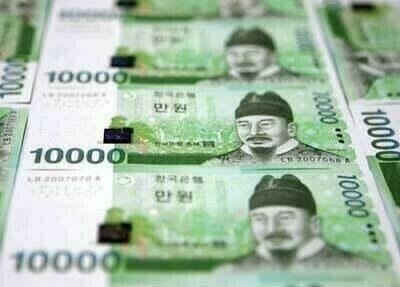BENGALURU: Most Asian currencies were largely unchanged on Tuesday, as market participants awaited fresh policy measures from China at its annual parliamentary gathering which started during the day.
The Chinese yuan was flat while equities gained 0.3%. The Hang Seng China Enterprises index, which includes Chinese stocks listed in Hong Kong, retreated as much as 2.6%.
China’s parliament, the National People’s Congress (NPC), started its annual session on Tuesday, where it retained last year’s target for economic growth of “around 5%” for this year.
China, the world’s second largest economy, also announced plans to run a budget deficit of 3% of economic output, down from a revised 3.8% last year.
“At a first glance, there are not a lot of surprises in the work report, policies, targets. The growth target suggests that the government does prioritise growth but focus remains on technology,” Maybank analysts wrote.
China’s inflation data for February due later in the week is also on investors’ watchlist after the country’s consumer prices fell steeply in January.
Back in Southeast Asia, data from the Philippines showed the country’s annual inflation sped up for the first time in five months in February, and came in above market expectations.
The Bangko Sentral ng Pilipinas (BSP) said that risks to the inflation outlook have receded but remain tilted toward the upside.
Frances Cheung, a rates strategist at OCBC, said February inflation was not inconsistent with BSP’s full year forecast which is unlikely to move the needle much for the monetary policy outlook. “We continue to expect Philippines’ easing cycle to start in late 2024,” Cheung said. In contrast, Thai inflation fell for a fifth consecutive month. The Thai baht and equities retreated 0.3% each.

















